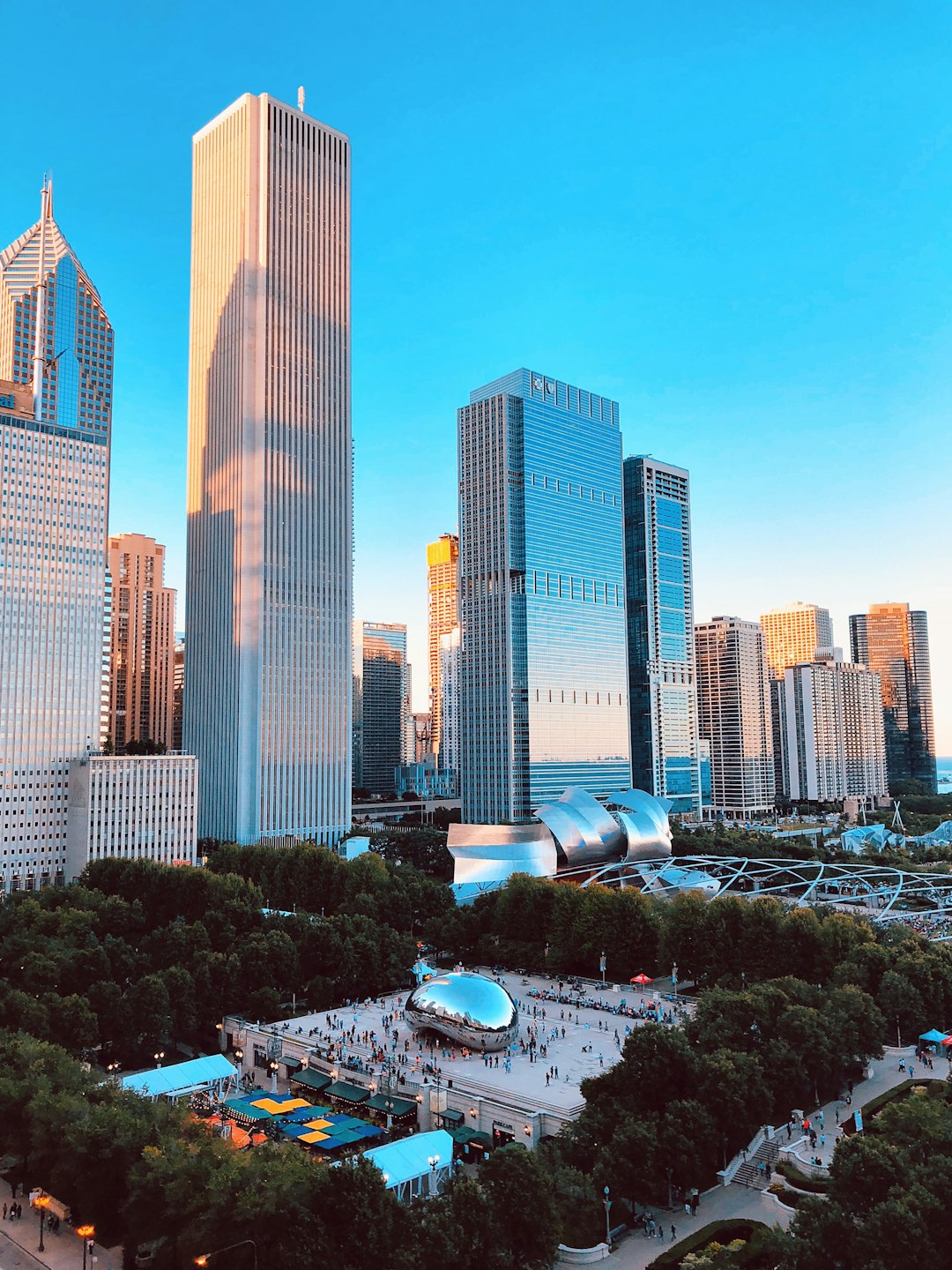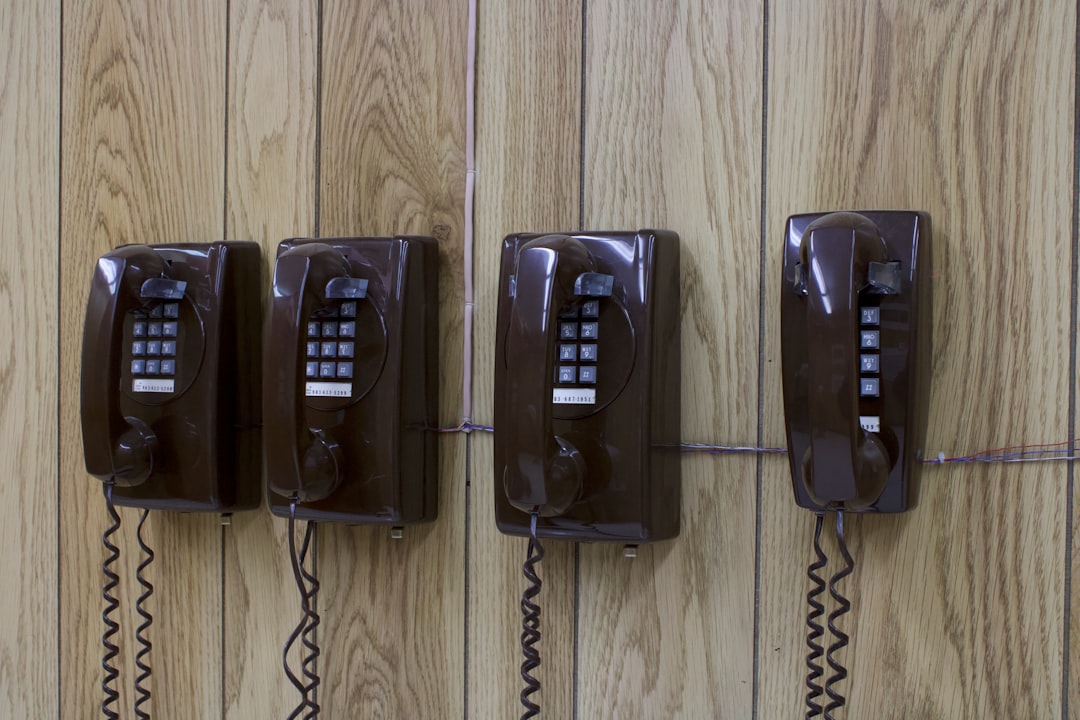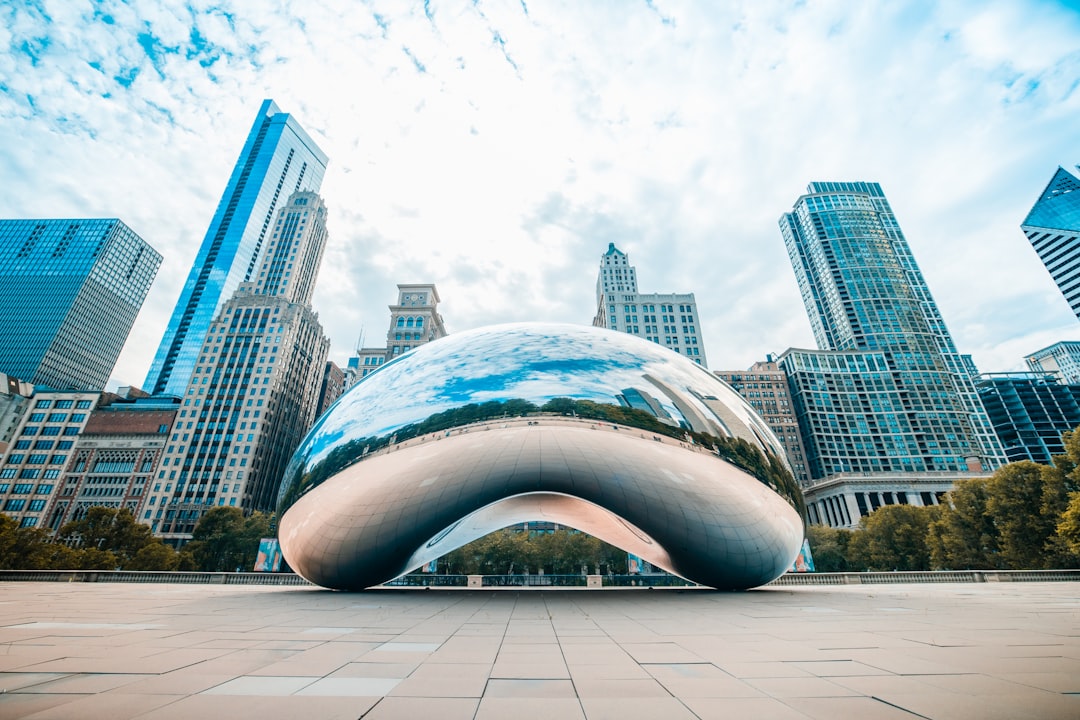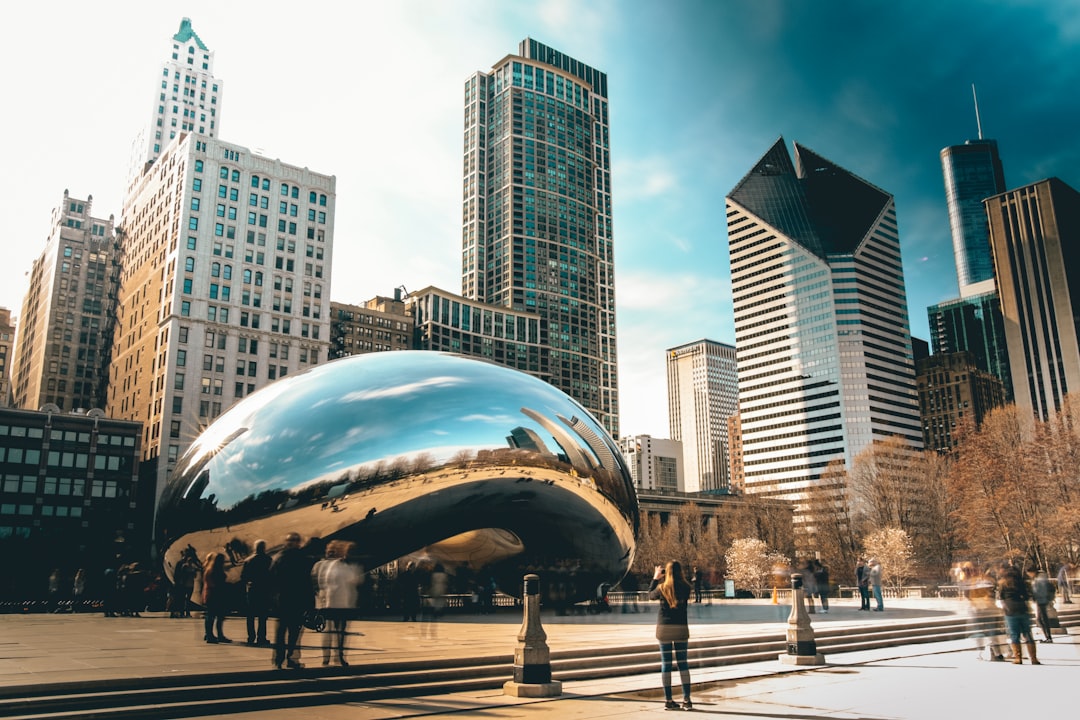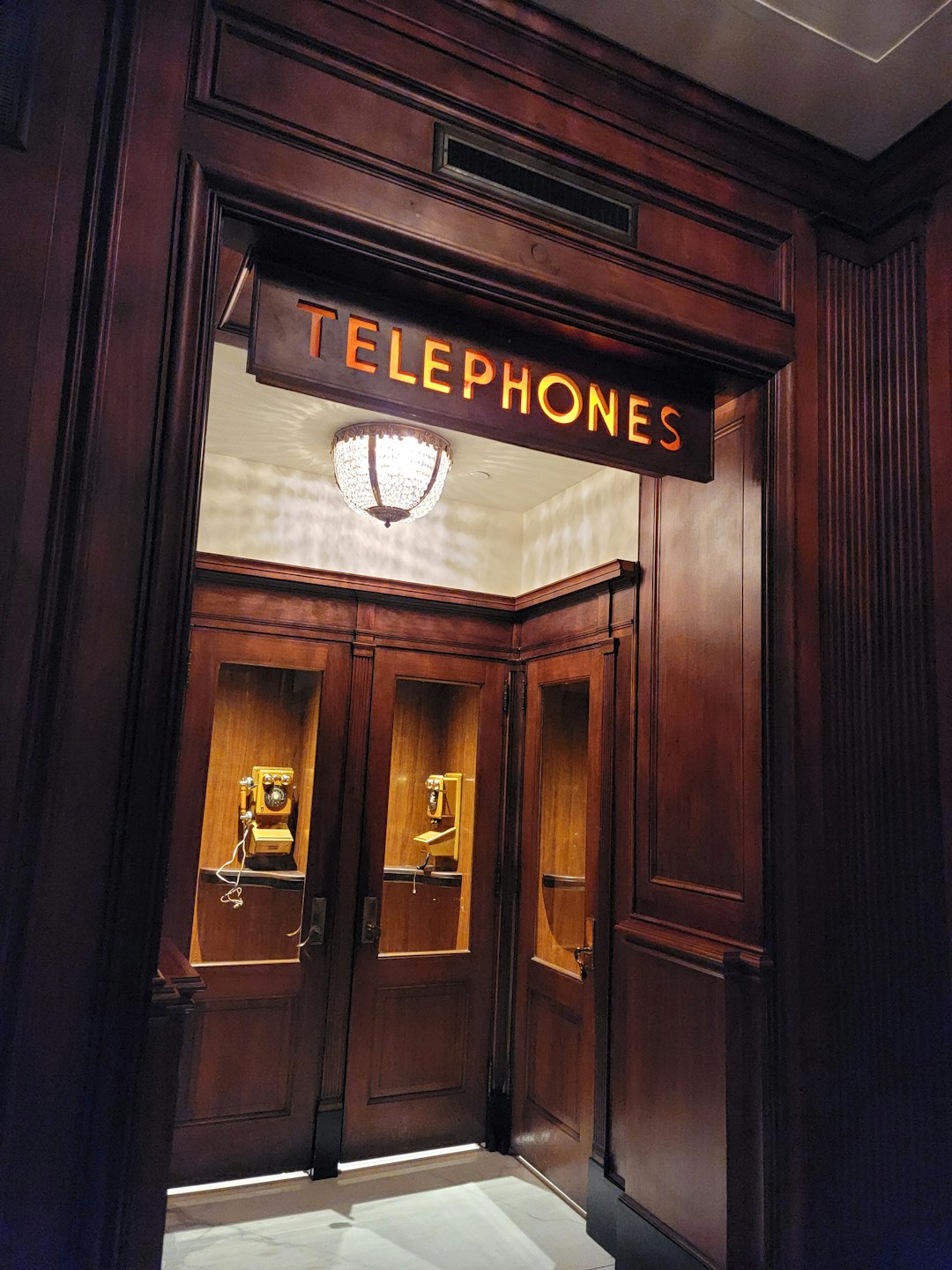In Chicago, robocalls are a persistent issue, disrupting daily life and damaging brand reputations for businesses, especially law firms. Mitigation strategies include registering with the National Do Not Call Registry and local 'Do Not Call' lists, updating device privacy settings, and limiting public sharing of phone numbers. Legal avenues like the Telephone Consumer Protection Act (TCPA) and the Federal Trade Commission (FTC) provide protection against unwanted calls. By combining these practical solutions, Chicago residents and businesses can reclaim control over their communication channels and reduce robocalls.
Tired of relentless robocalls plaguing Chicago’s vibrant community? This guide equips you with the knowledge and tools to reclaim your peace of mind. We delve into the prevalence and impact of automated calls in the city, exploring their legal implications and your rights under Illinois regulations. Learn practical steps to register on Do Not Call lists, adjust phone settings, and even take legal action against persistent robocallers, ensuring a quieter future.
Understanding Robocalls and Their Impact in Chicago
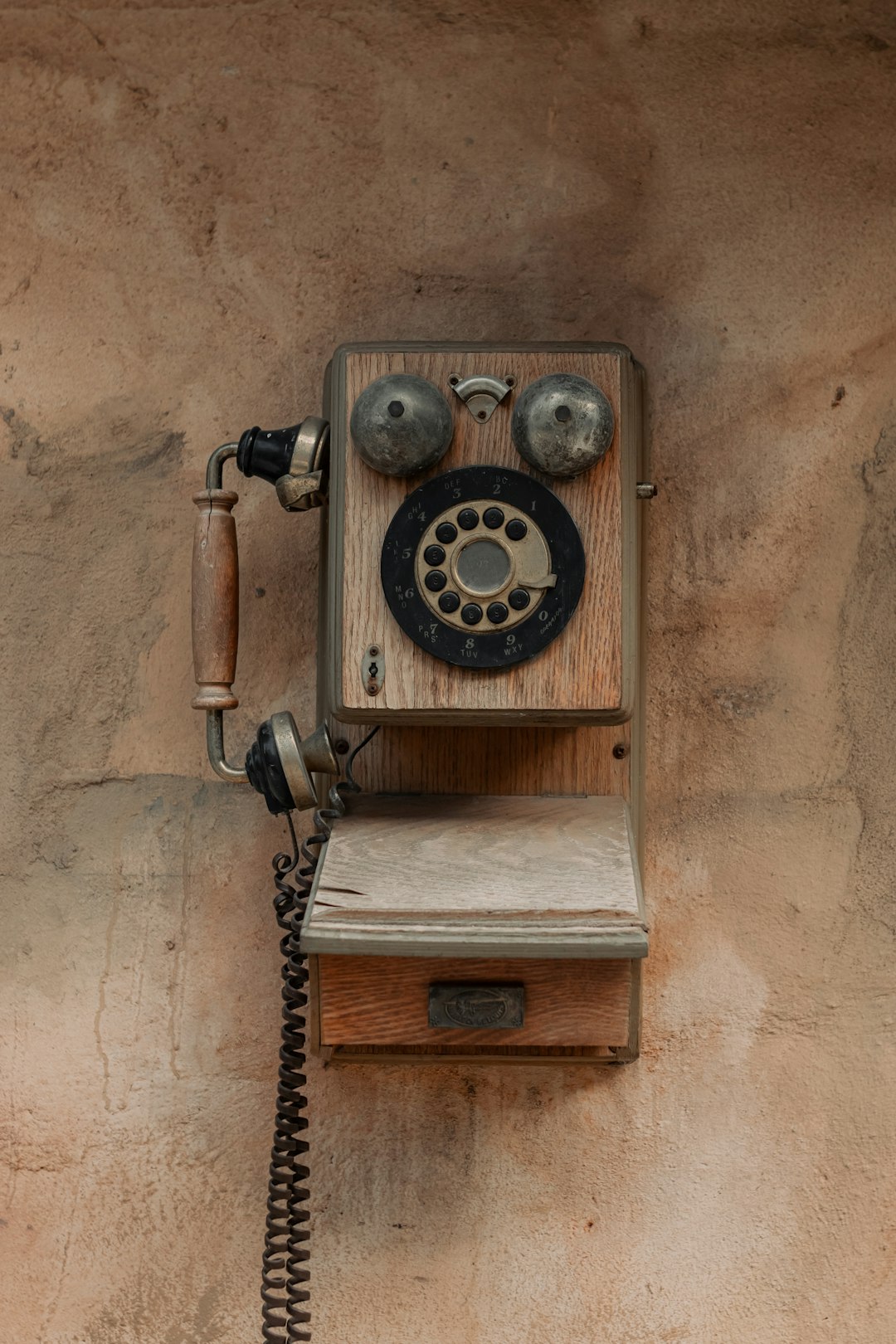
In today’s digital age, robocalls have become a ubiquitous and often annoying aspect of daily life in Chicago, as elsewhere. These automated phone calls, often promoting products or services, can be particularly intrusive when they’re unsolicited, especially from law firms. While many Chicagoans have learned to recognize and block these calls, their sheer volume can still take a toll on peace of mind. Robocalls not only disrupt personal time but also contribute to a broader sense of distrust in communication channels, impacting the overall quality of life in the bustling city.
The impact of robocalls extends beyond mere frustration; they can be a significant nuisance for businesses too. In Chicago, where many companies thrive on word-of-mouth and community engagement, excessive robocalls can damage brand reputation and deter potential customers. This is especially true for law firms, which often rely on building strong relationships with clients based on trust and transparency. Therefore, it’s crucial to understand how these calls operate and explore effective strategies to mitigate their effects, such as registering on the National Do Not Call Registry or blocking specific numbers, to reclaim control over communications in the city.
Legal Actions Against Robocallers: Your Rights and Options

In Chicago, as in many places, robocalls can be a persistent and annoying problem. Fortunately, there are legal actions you can take against robocallers to protect yourself. The Telephone Consumer Protection Act (TCPA) is a federal law designed to curb automated telemarketing calls, including robocalls. It gives you the right to sue for damages if you receive a call from a company or individual using an automatic dialing system without your prior consent. If you’ve been troubled by unwanted robocalls, especially from law firms in Chicago, you can file a complaint with the Federal Trade Commission (FTC). The FTC takes these issues seriously and can investigate and take legal action against violators.
In addition to federal protections, Illinois has its own Do Not Call registry, which allows residents to register their phone numbers to limit commercial calls. If a law firm or any other organization continues to call you after being added to the state’s Do Not Call list, it could be in violation of the law. You have the right to seek legal recourse and demand that these callers respect your privacy. Contacting a consumer protection attorney who specializes in TCPA cases is an option if you want to explore your legal options and possibly recover damages for the harassment caused by robocalls.
Practical Steps to Stop Robocalls Effectively
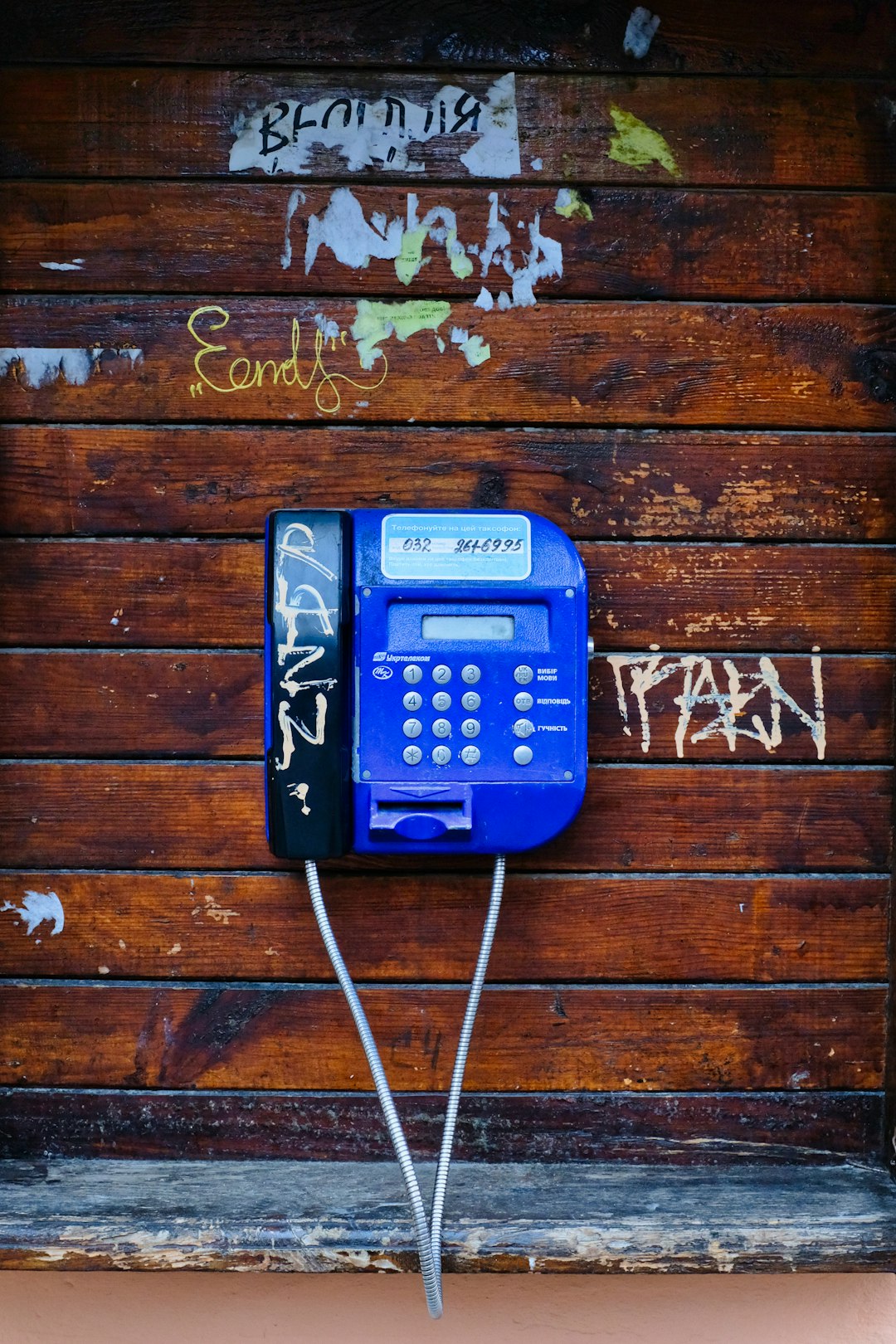
Robocalls can be a persistent and annoying problem, but there are practical steps you can take to stop them effectively. One of the most direct methods is to register your phone number on the National Do Not Call Registry. This federal list restricts telemarketers from calling numbers listed on it, offering some protection against unwanted calls. In Chicago, you can also take advantage of local ‘Do Not Call’ lists maintained by the city or state, which further filter out robocalls specific to your area.
Additionally, be cautious about sharing your phone number publicly. Many websites and services ask for your contact details, but make sure these platforms are legitimate and secure. Avoid providing your number to law firms or unknown entities via online forms or emails, as these can be sources of robocalls. Regularly review and update privacy settings on your devices and communication apps, opting out of any pre-approved marketing messages where possible. By combining these strategies, you can significantly reduce the volume of robocalls received, ensuring a quieter and more peaceful Chicago home.
